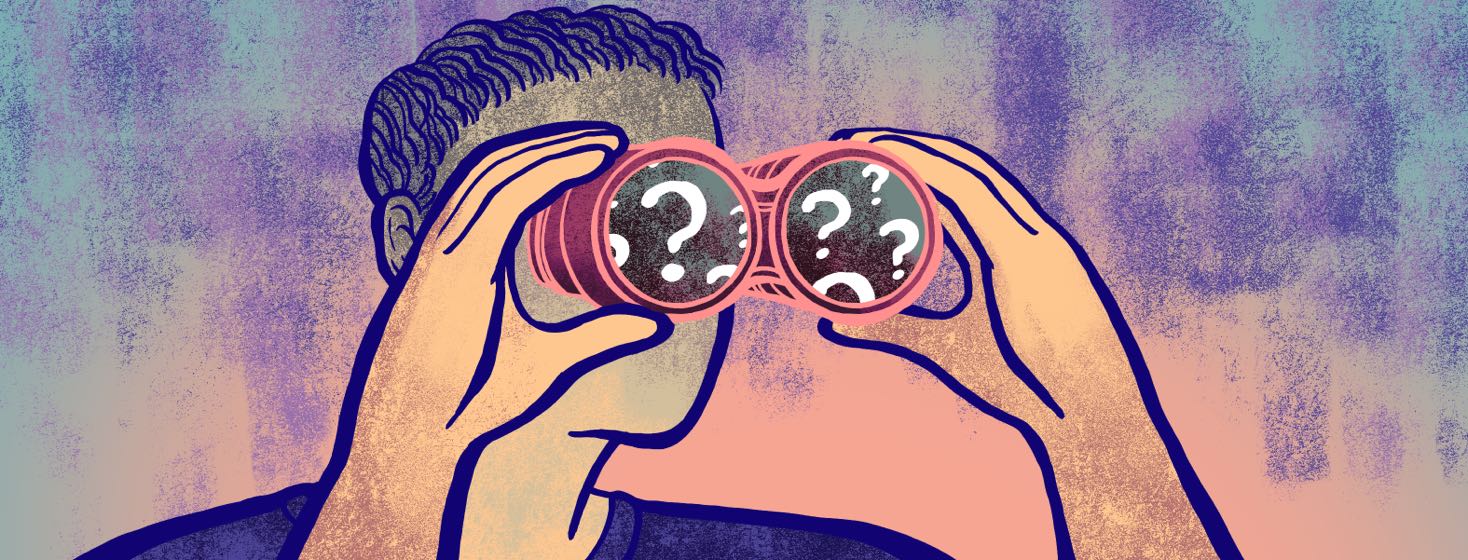When Managing Cancer Is a Way of Life
To the vast majority, cancer brings only 2 options. You either kill it with aggressive treatment, or it kills you. But what if cancer were another chronic disease you had to manage? What if the cancer is slow-growing, non-aggressive, more easily treatable than a late-stage progression, and yet, too serious to be ignored? What do you do then? How do you live your life?
There are various reasons why cancer can become a way of life. It can be incurable and recurrent. It can be incurable but non-progressive. It aims to extend life, relieve symptoms, reduce side effects, and improve the quality of life for survivors.
When cancer is chronic, it is treated with maintenance therapy. The how depends on the type, grade, stage, and available treatment options. Such is the case with early-stage, non-muscle invasive urothelial cell carcinoma. It is otherwise and formerly known as superficial or transitional cell carcinoma.
It is unique in that it grows too slowly to spread quickly beyond the bladder lining. When it does spread, it becomes a whole other grade and stage of disease. But when caught early, bladder cancer may require lifelong management.
All I want to be is healthy and functional
My type of cancer is not so openly discussed, especially as it pertains to women. Most people are not aware of it. Others consider it to be "the easy cancer." There are very few advocates racing to cure it. Even I reluctantly announce that I am surviving it. I struggle to find a local support group to join.
On the bright side, treatments are not brutal on my body. And I feel a little guilty about it. But here I am, organizing my life around bladder cancer management, along with several other chronic conditions. Meanwhile, all I want is to be healthy and functional.
A strategy to thrive
Please don't misunderstand the purpose of this article. It is not to complain about how miserable life with bladder cancer has become. It is to share the changes that come with something that is out of control. It suggests a strategy for thriving through even the worst of it.
Cancer is literally normal cells gone haywire. Those cells will set up their infrastructures if we let them. We do our best to stop them however we can. So, I pose these questions to inspire proactive solutions: Will I still get up every morning? Yes. Will I still find purpose in living? Yes. Will I keep working and being productive? Yes.
I'm in charge
First of all, I say cancer is not in charge of my health and recovery. So, I take charge.
I have become more intentional about self-care. For example, alcohol abstinence is no great sacrifice. I just avoid it. I have learned that having to urinate a lot is also no great sacrifice. I plan my fluid intake according to bathroom access.
The bottom line is to keep my immune system functioning at its optimum. So, by personal choice, I receive all the COVID vaccines and boosters available. Both flu and shingles shots are on my wellness to-do list. My time is already consumed by bladder cancer treatments. They are my current priority. So, for me, viruses are worth avoiding.
Constant and consistent surveillance
There will be cystoscopies during surveillance. Their results will determine the need for TURBTS, cystectomies, instillations, inductions, and infusions. But maintenance chemotherapy may be the standard course, even when no new cancer is found. The cycle might be repeated for 1 or 2 years, prompting frequent work absences.
Fortunately, my employer provides generous leave time. However, my leave was nearly exhausted by this year's treatments. During this recent 3-week series, I needed an extra day to recover from each maintenance procedure.
Managing the inconveniences of my illness
I worry that my illness is an inconvenience. I worry about small paychecks. I even worry about losing my livelihood. But why should I choose between work and well-being? I don't believe I should. I should accept every resource available. I just learned about intermittent leave, which allows me to take time off, as needed, for self-care. In my opinion, every cancer patient should be provided intermittent leave.
Some resources suggest several must-haves for successful maintenance therapy. Some of them include the following:
- A supportive health care team
- A survivorship care plan
- Appropriate lifestyle changes
- A personal support network
- Access to financial resources
If you are living with chronic bladder cancer, you are not alone. BladderCancer.net is one valuable resource for you. Share your story with the community. It is here to support you. In the meantime, keep taking one day at a time. Above all, keep living your best.

Join the conversation